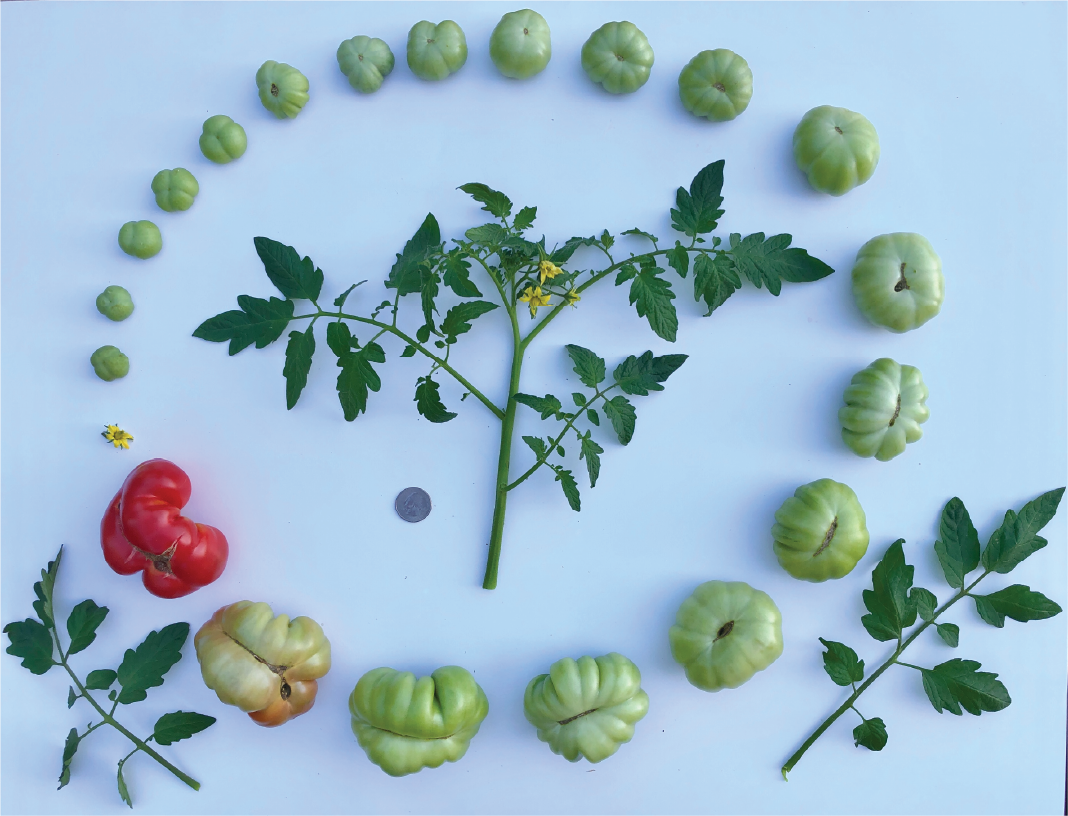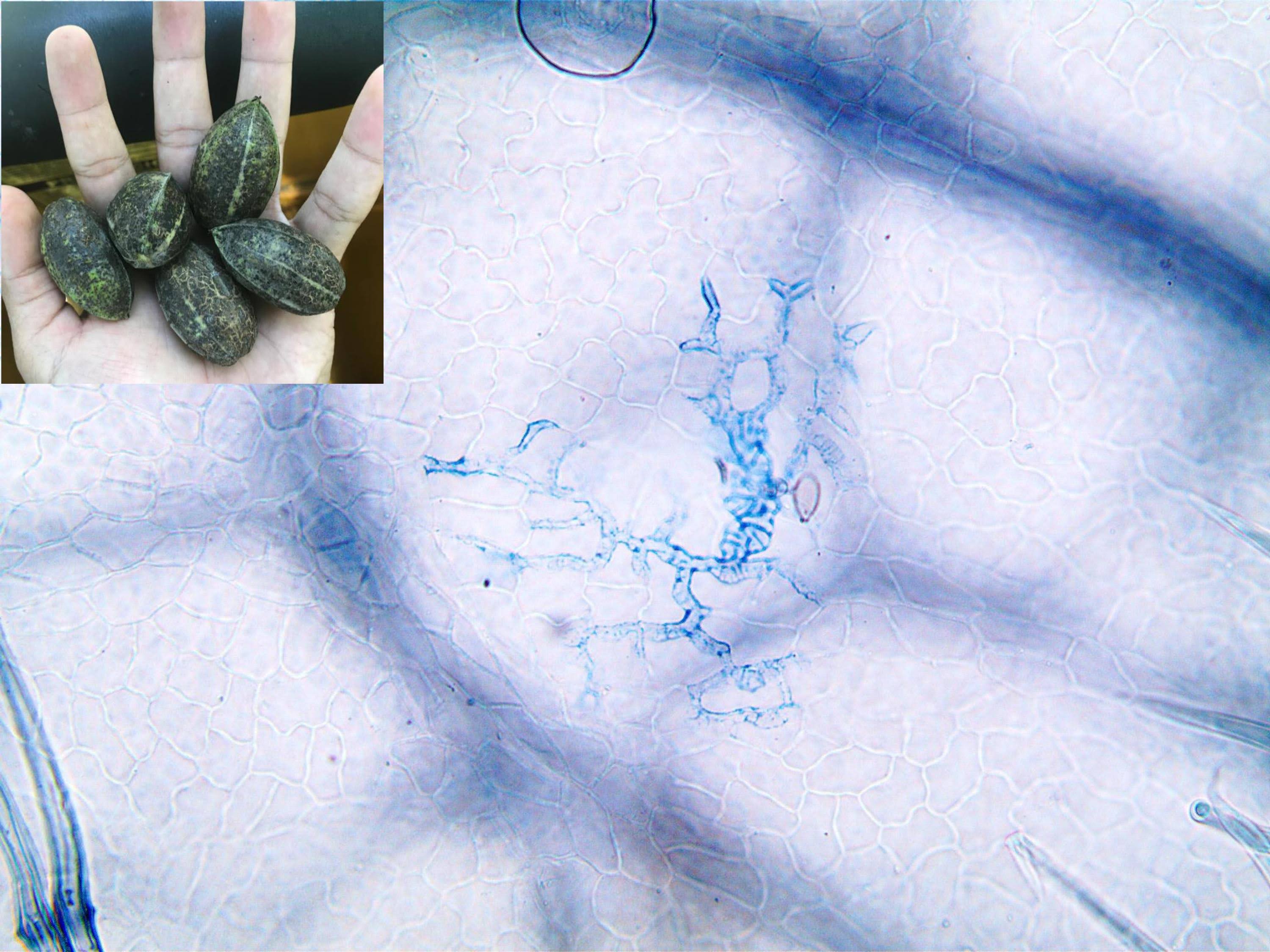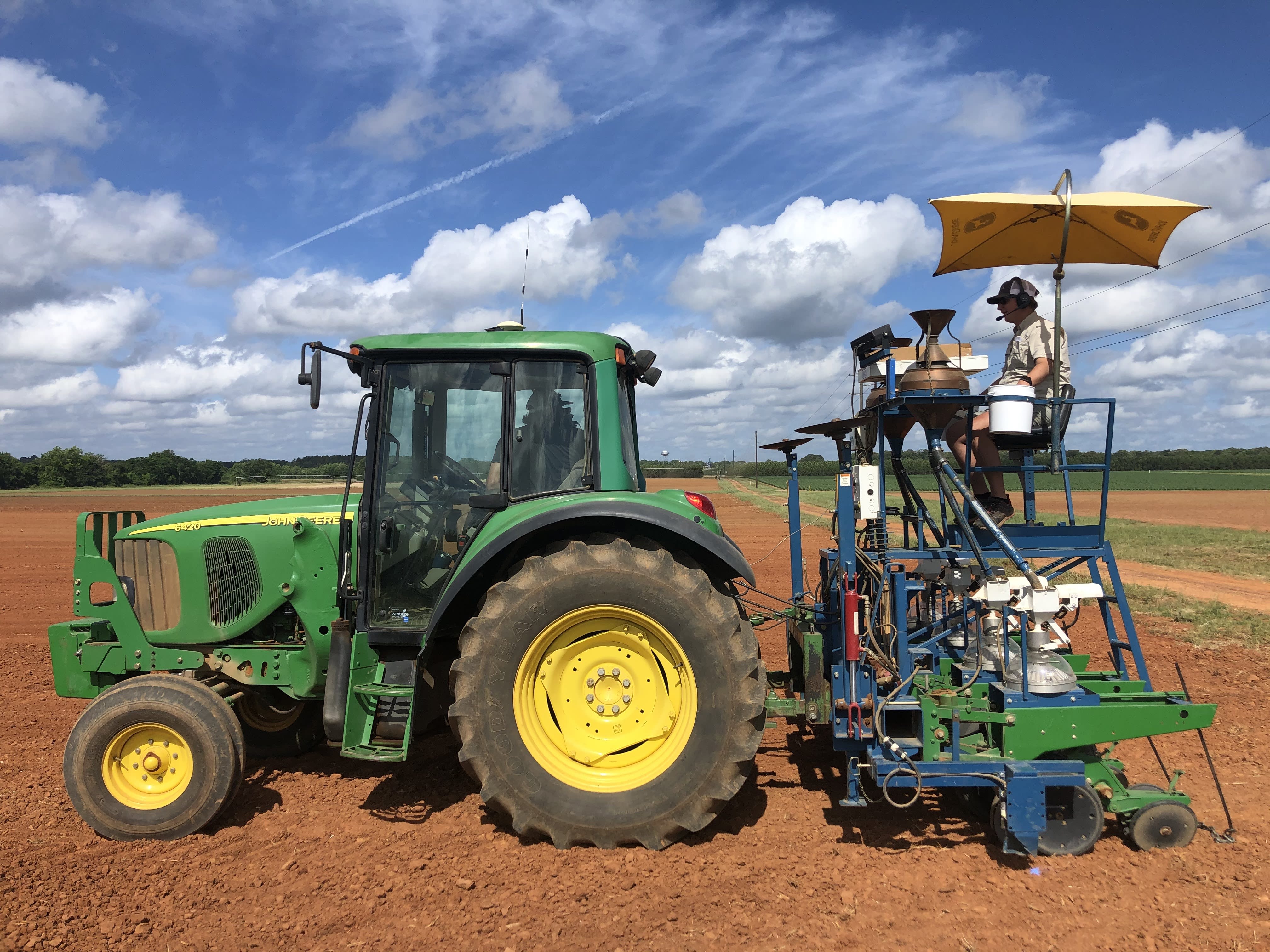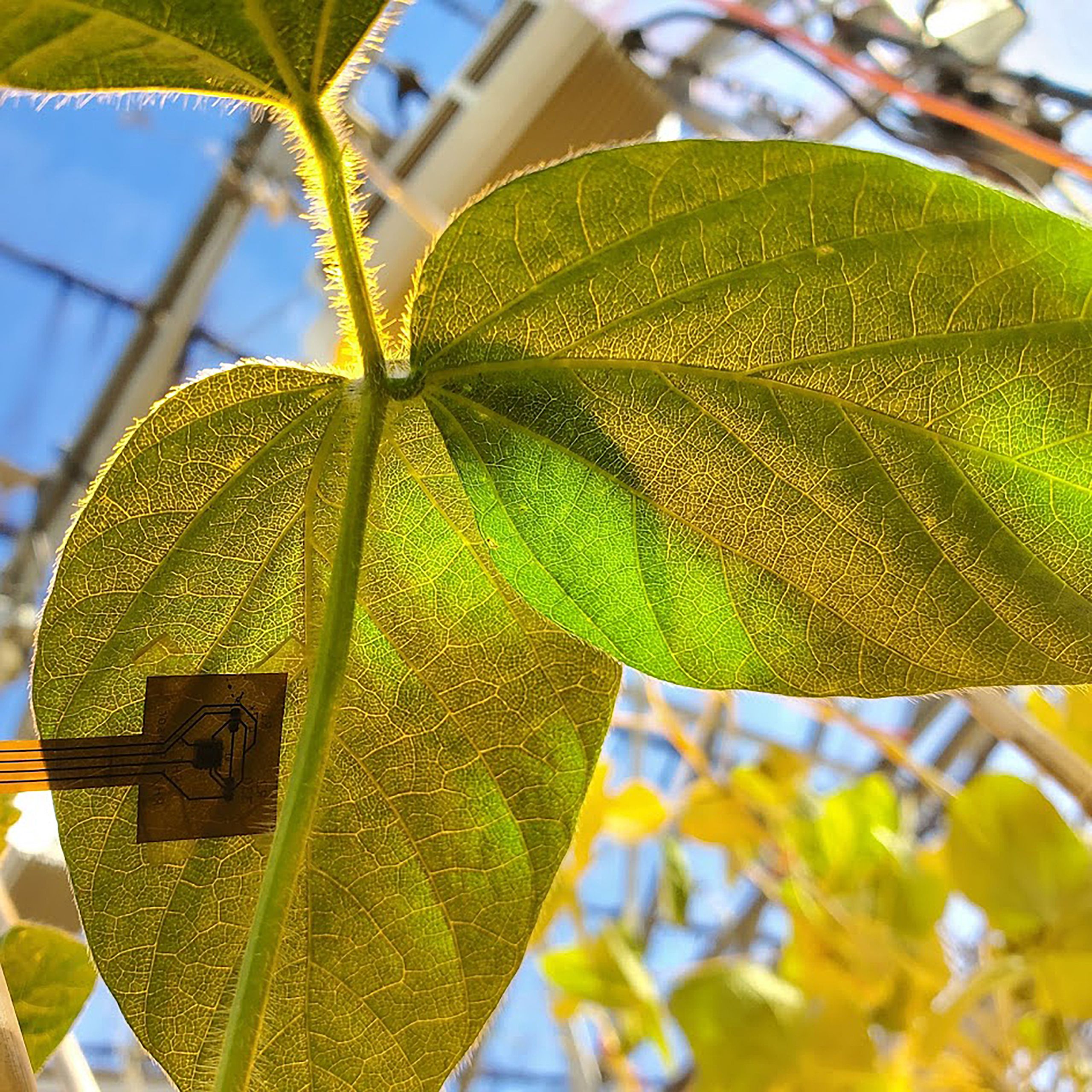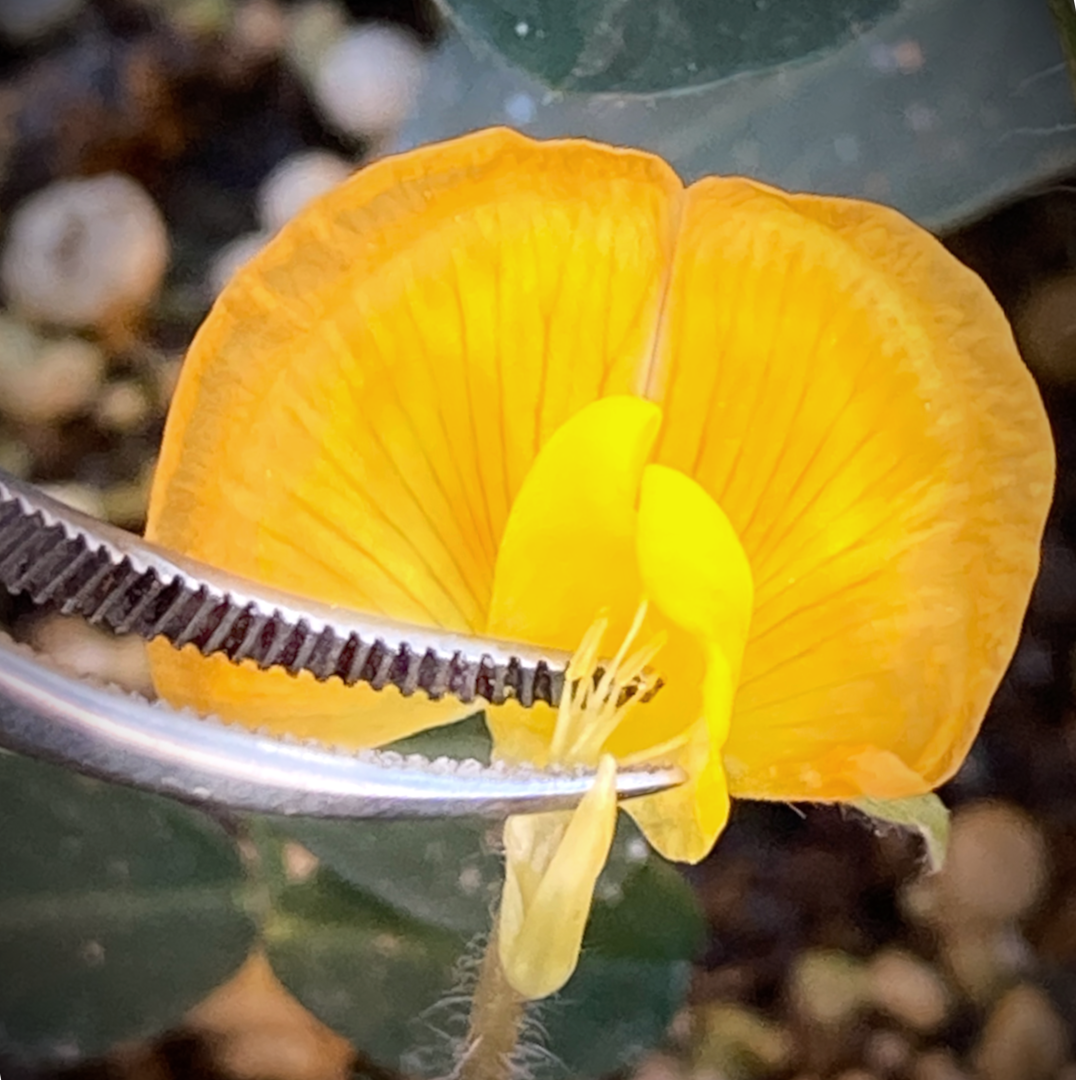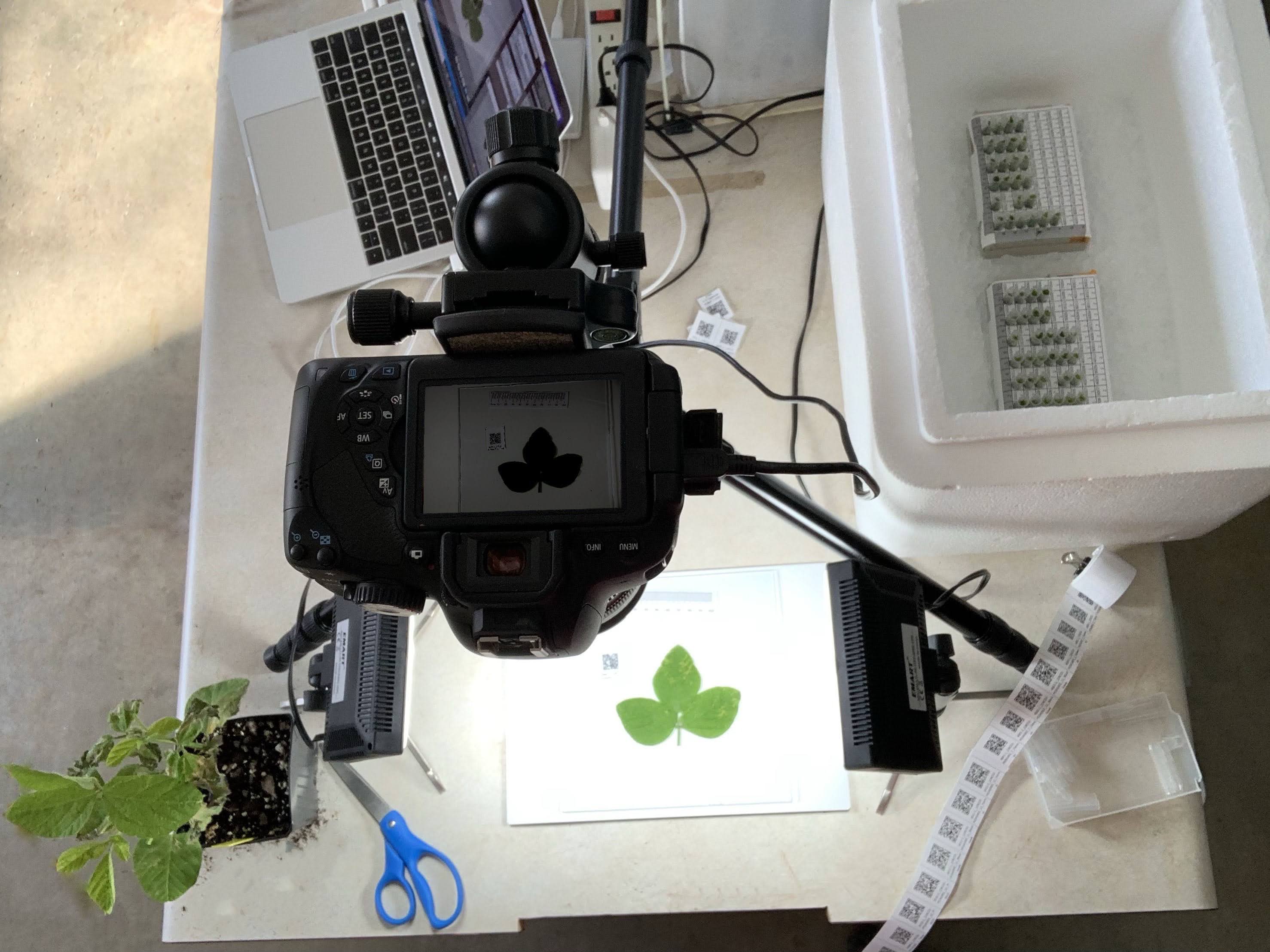
The Institute of Plant Breeding, Genetics and Genomics
Improve and innovate crops and ornamental cultivars using new scientific techniques and disciplines
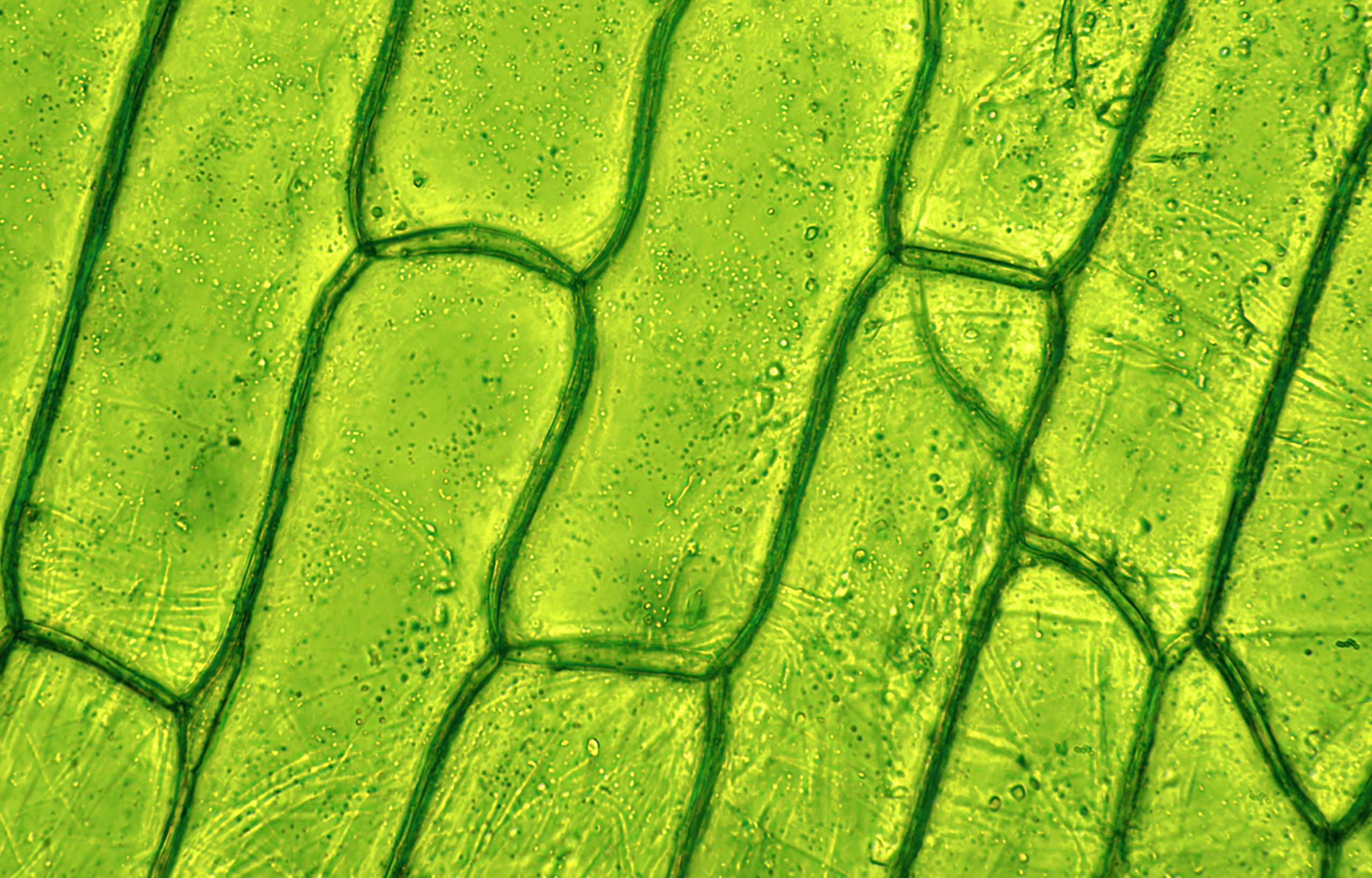
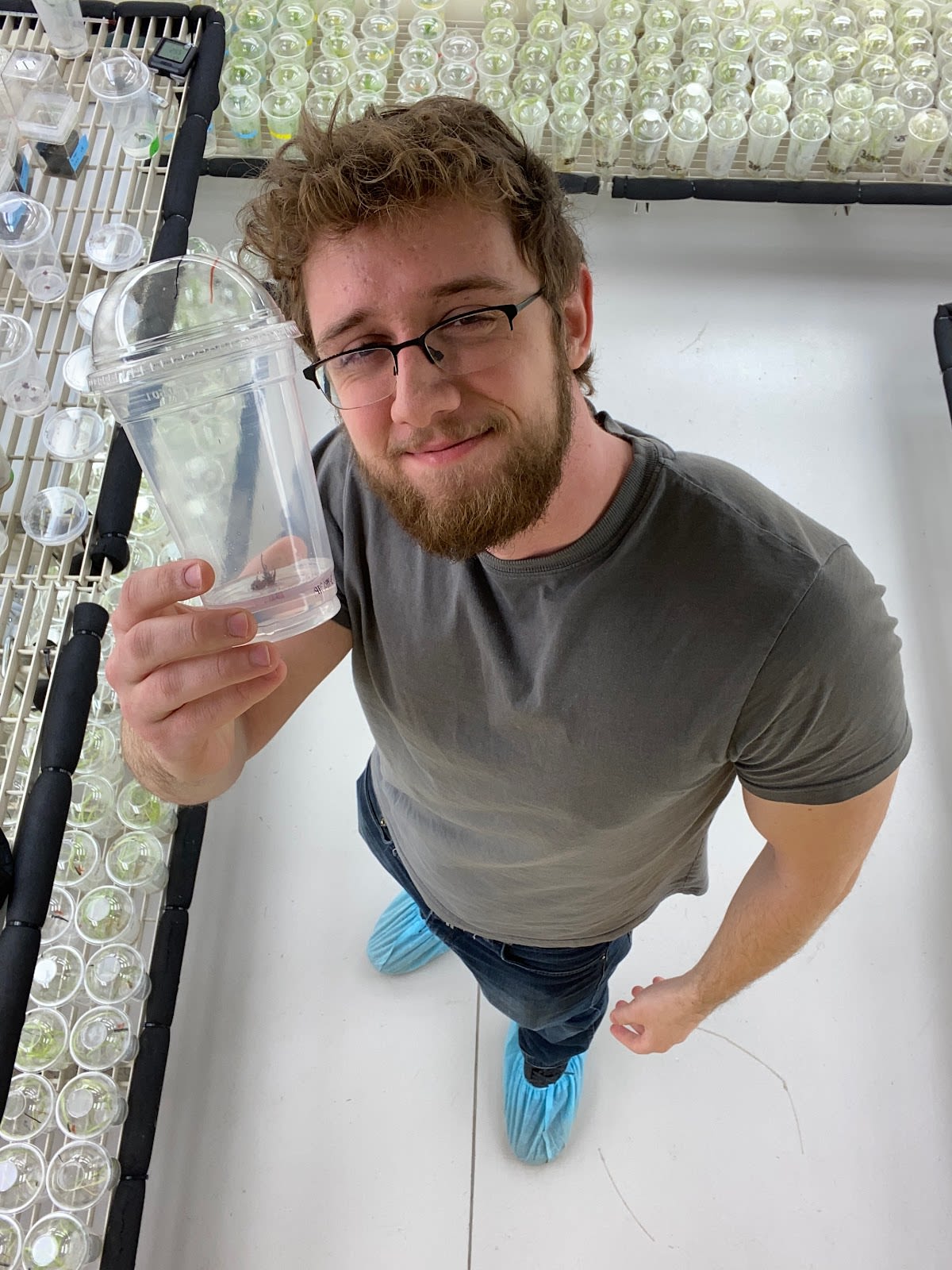
The University of Georgia Institute of Plant Breeding, Genetics and Genomics (IPBGG) is a multidisciplinary group of researchers engaged in developing new crop varieties and performing research to understand the genetic traits of plants important to agriculture and humankind.
Our graduate student training integrates genetics, genomics, biotechnology and bioinformatics with modern plant breeding to develop improved agronomic and horticultural plant cultivars important to Georgia, the U.S. and beyond.
ROOTED IN REPUTATION
UGA is considered the birthplace of both the discipline of ecology and of plant molecular biology. Beginning with the release of coastal Bermudagrass in the 1950s, UGA has established a reputation for breeding successful cultivars. The institute's 28 core faculty and eight affiliate faculty connect you with cutting-edge research across a wide variety of crops.
SEEDS OF SUCCESS
Georgia’s diverse soil and climate types make it possible to grow a wide variety of crops. UGA faculty work on crops ranging from alfalfa to cotton, peanuts, pecans soybeans, watermelons and wheat, along with ornamentals and bioenergy crops. The institute holds the philosophy that today's plant breeding integrates classical selection methods with modern genomics and biotechnology to achieve maximum efficiency.
CAREER CONNECTIONS
With more than 50 graduate students in IPBGG, students have a built-in support system and colleagues for life. IPBGG offers a complete curriculum for master's and doctoral students.
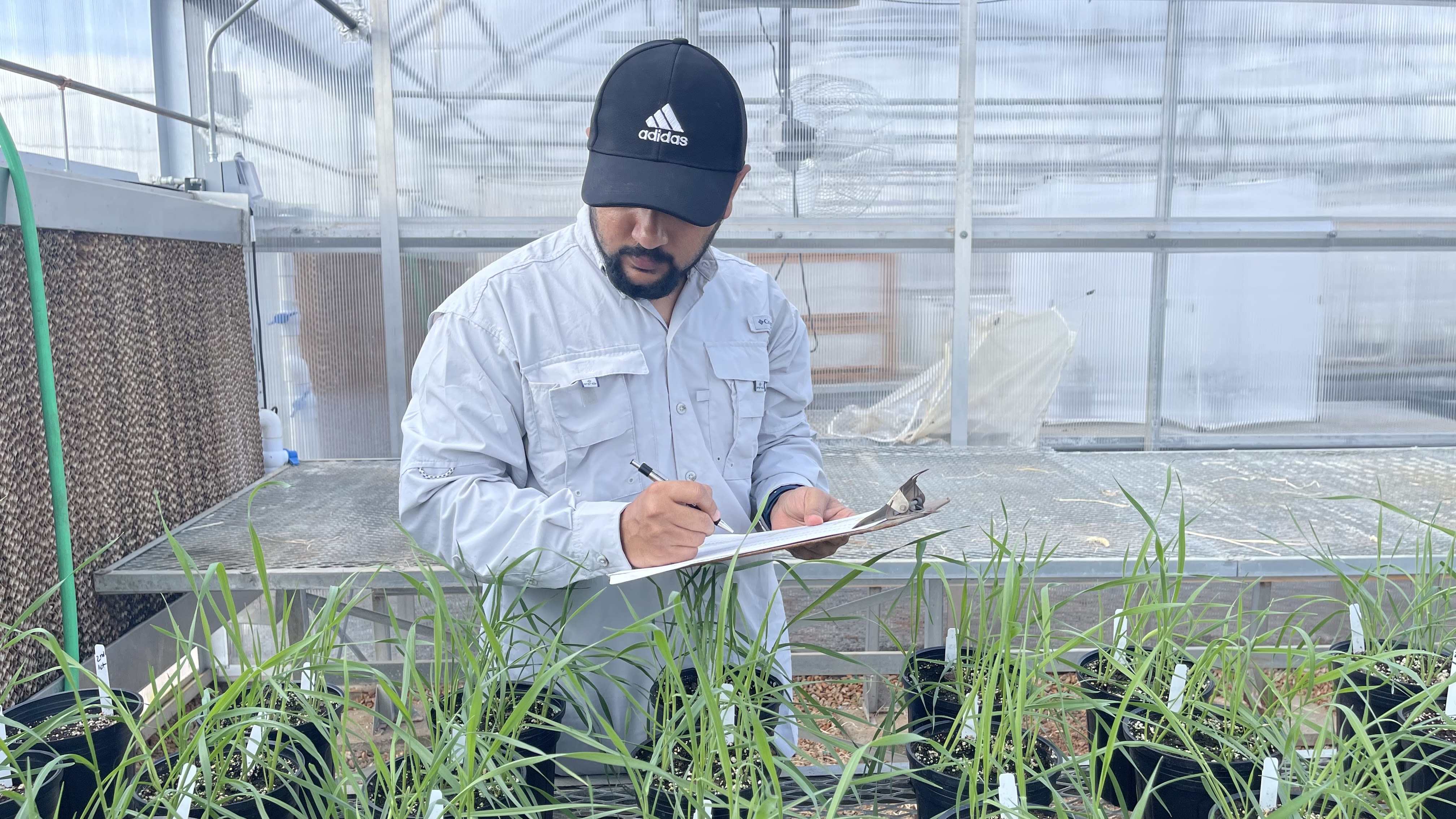
OPPORTUNITIES IN PLANT BREEDING, GENETICS AND GENOMICS AT UGA
Tour with the plant breeding practicum: Learn about the range of plant species and latest breeding and genetics innovations studied at UGA during campus tours in Athens, Griffin and Tifton. Incorporating lab, field and greenhouse tours with lectures by faculty across the institute allows students to broaden their knowledge of plant breeding and genetics beyond the crops they specialize in.
Participate in the UGA Plant Center: The IPBGG is part of the larger plant sciences group on campus, which connects more than 60 faculty and over 120 graduate students in the plant sciences. Attend seminars from cross-disciplinary plant scientists from across the globe.
Join the IPBGG Graduate Student Association: The IPBGG Graduate Student Association is a student-led group that sponsors a monthly journal club, professional development workshops, social activities and events to engage students, staff and faculty.
Share your science: Students can attend the Annual IPBGG Retreat and the UGA Plant Center Retreat. Funding is available to help students attend and present at other national or international conferences.
SELECTED COURSE OFFERINGS
Plant Breeding
Advanced Plant Breeding
Plant Quantitative Genetics and Molecular Breeding
Translational Genomics
QTL Mapping and Discovery
Genome Analysis and Comparative Genomics
Transgenic Breeding
Genomic Selection
Genome-Wide Association in Plants
Behavior and Evolution of the Plant Genome
Breeding Ornamental Plants
STUDENT STORIES
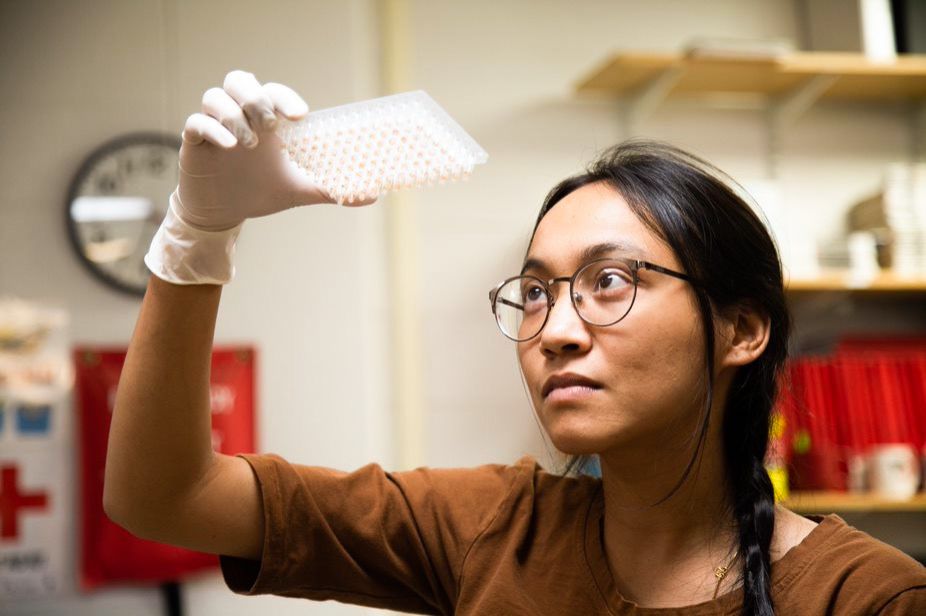
Shreena Pradham
FFAR Fellow and IPBGG doctoral candidate in the Devos Lab
“I came in through Integrated Plant Sciences (IPS) because I needed the rotation opportunity to get hands-on molecular skills and also to dip my toe into how labs functioned to determine where I'd be most comfortable. But even while rotating through three different labs, I made sure all of them were in IPBGG because this was the institute I wanted to be a part of. The fact that IPBGG takes students from the IPS rotation program made it stand out. Also, the wealth of resources at my disposal and the infrastructure in terms of lab facilities really stood out for me.
I'm pleasantly surprised about the leadership opportunities, external fellowships, grants and scholarships, and competitions I have had access to that keep you on your toes, help you grow as a professional (not just a grad student), and keep you sharp.”
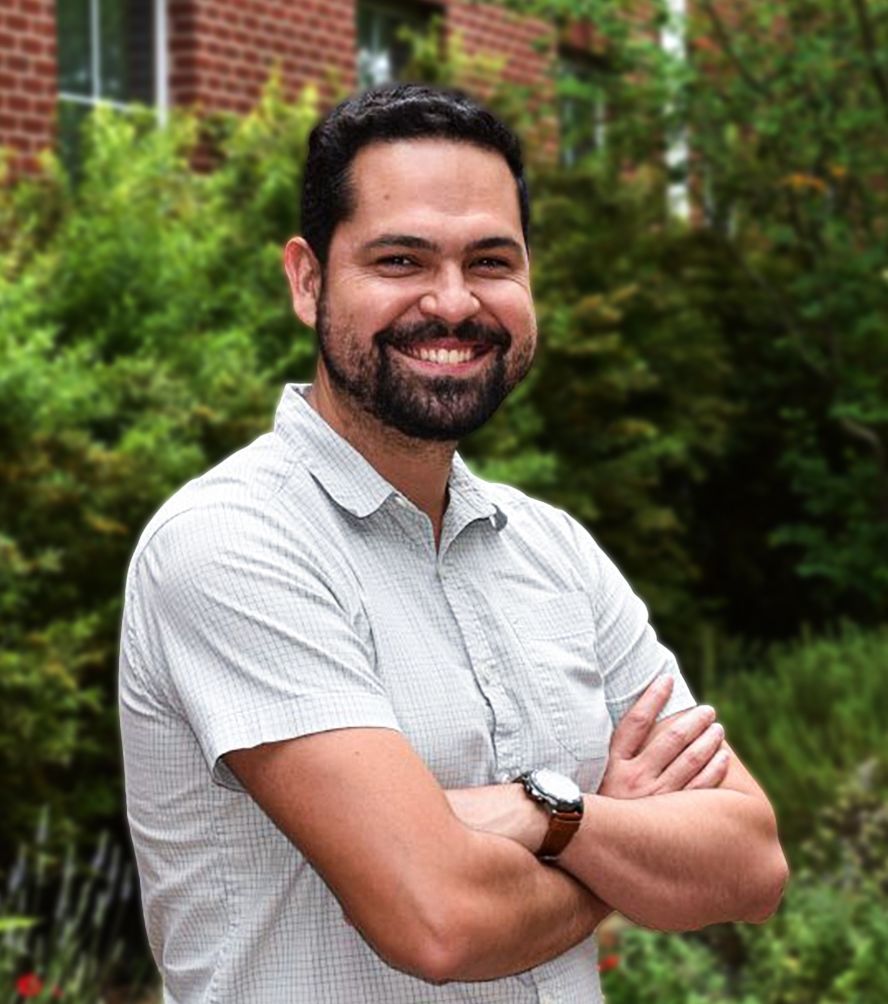
Renan Souza
IPBGG doctoral candidate in the Li Lab
“My experience in the IPBGG program has been great overall. I have been challenged to grow both professionally and personally. The program is flexible enough to allow you to specialize in an area of interest like bioinformatics and still achieve a good work-life balance. My peers have been very friendly and encouraging. It is a really nice environment to learn and develop as a scientist. The faculty are engaged, helpful and committed to helping you learn.
I have developed as a scientist, both in my theoretical knowledge and in the practical abilities of conducting experiments and collecting and analyzing data. I have learned to figure things out on my own and to ask others for help when I need it.”
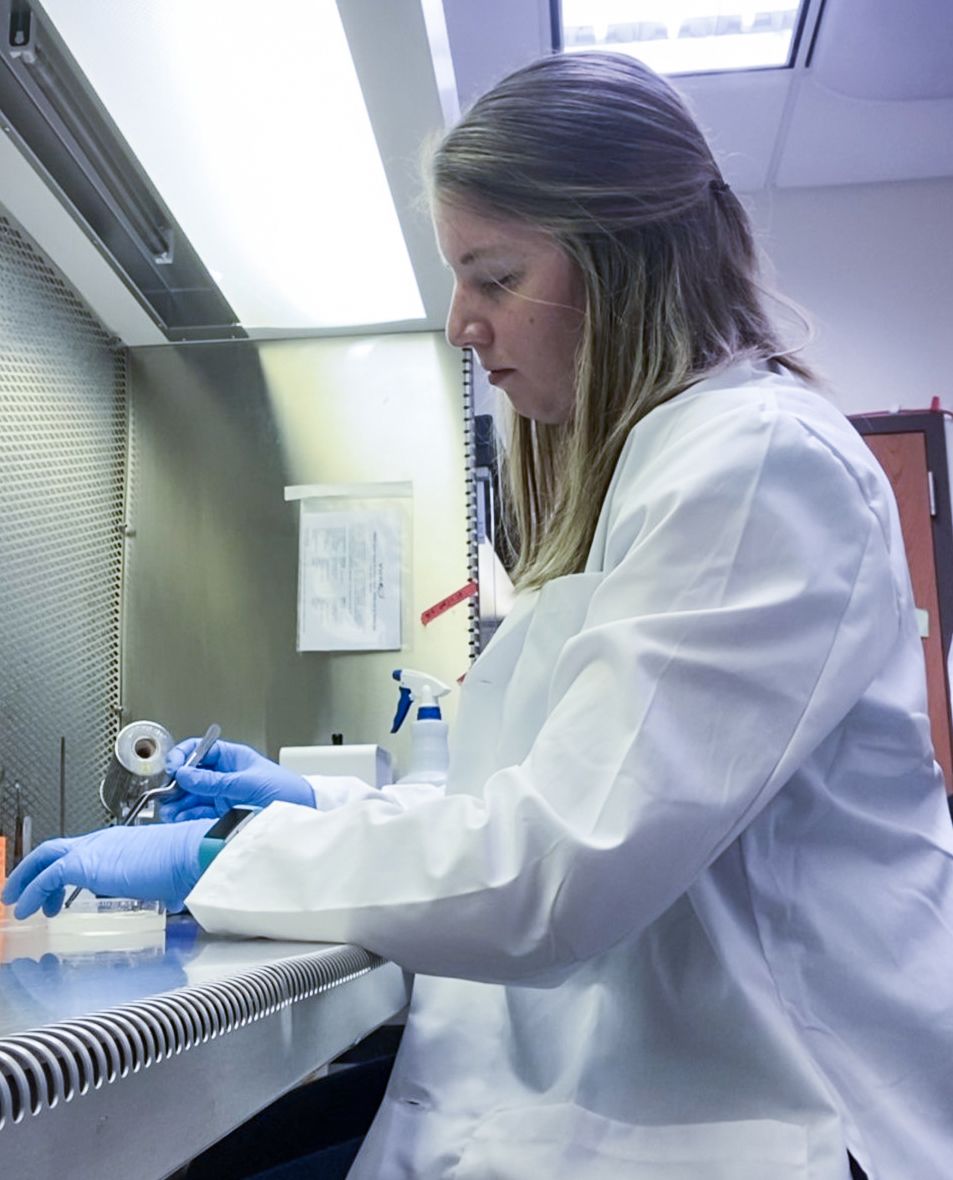
Samantha Wan
IPBGG master's student in the Molecular Cotton Breeding Lab
“I wanted to be a plant breeder as soon as I realized that plant breeding was such an interdisciplinary field. I have the opportunity to be involved in so many different branches of science. IPBGG offered such a great network of resources and opportunities that I decided this was the destination for my future studies.
The short time I've had in IPBGG has helped tremendously with determining what I would like to do in the future. It is also helping me build the network to make this future career possible. Dr. Chee has helped me discover what I'm specifically interested in and has been extremely flexible in letting me get hands-on experience with different projects to determine my interests. I am able to tailor my project for my future career prospects, which I find incredible.”
IPBGG alumni have pursued careers as:
- Plant breeders in the seed industry (Bayer Crop Science, Corteva, Syngenta)
- Geneticists in the biotechnology industry
- Researchers at start-up plant science companies
- Faculty at research universities
- Scientists at nonprofit research institutions (Hudson Alpha, Danforth Center, etc.)
- Scientists at public research organizations (USDA-ARS, ICRISAT)
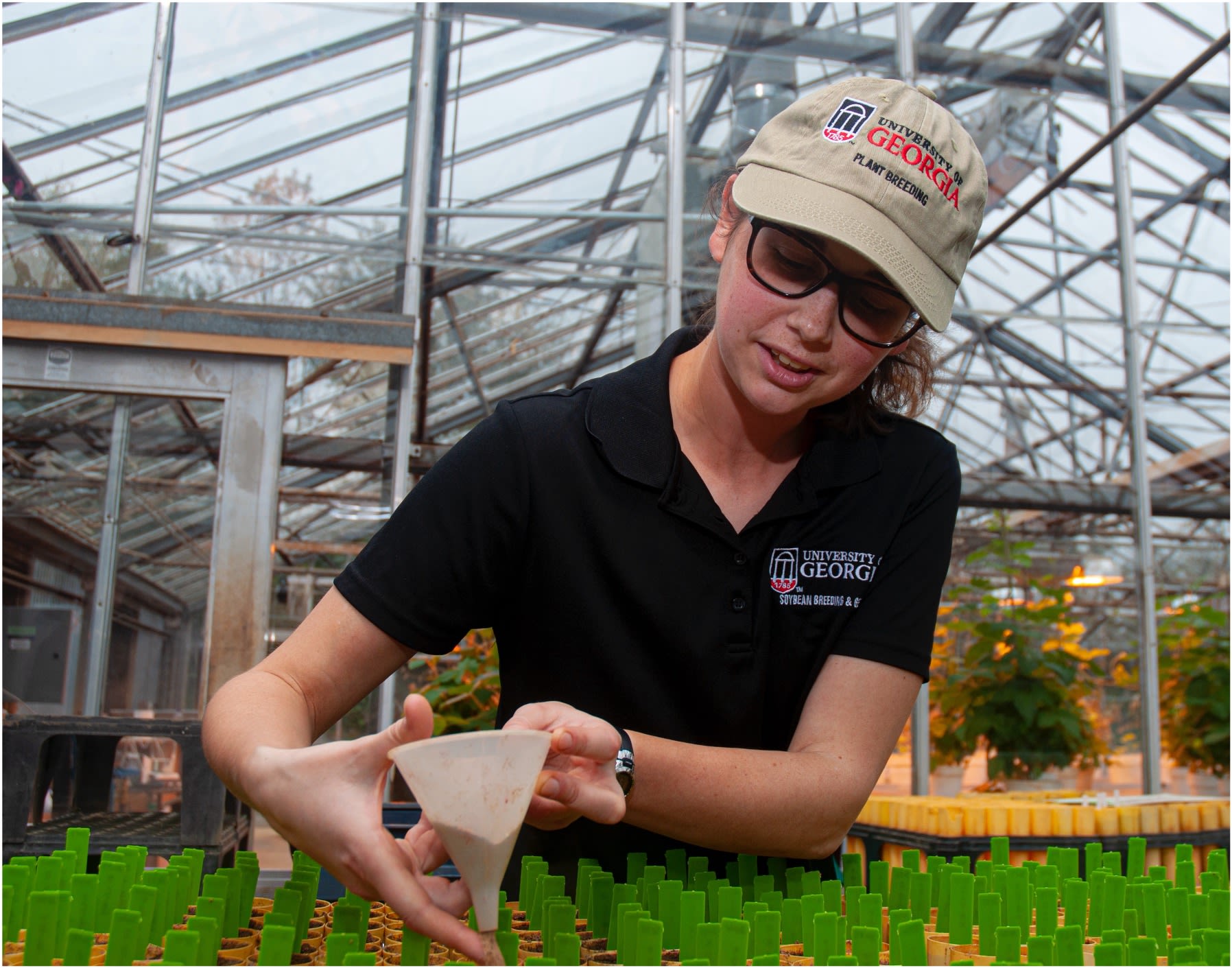
FUNDING
IPBGG Travel Awards – Students presenting at a professional conference may apply for one travel award per academic year from IPBGG to assist with travel costs ($750 for domestic travel and $1,500 for international travel). Students also may apply to use funding for a study visit to another lab related to their field.
John Ingle Innovation in Plant Breeding Award – This research grant supports IPBGG graduate students conducting research targeting novel plant breeding approaches to overcome cultivar development challenges. As of April 2022, the institute has bestowed the award to 14 IPBGG graduate students since 2017.
Glenn and Helen Burton Feeding the Hungry Scholarship – This annual scholarship is awarded to students whose research involves the breeding of grains, oilseeds, legumes, fruits, nuts or vegetables for human food or animal feed.
Roger and Cindy Boerma Plant Breeding Excellence Scholarship – This annual scholarship supports outstanding doctoral students whose projects involve plant breeding and genetics and motivates graduate students to create plant breeding innovations and pursue a career in plant breeding and genetics.
GALLERY
The photos below are highlighted entries from the IPBGG student photo contest.
